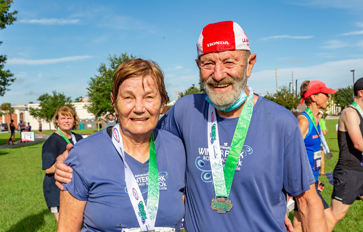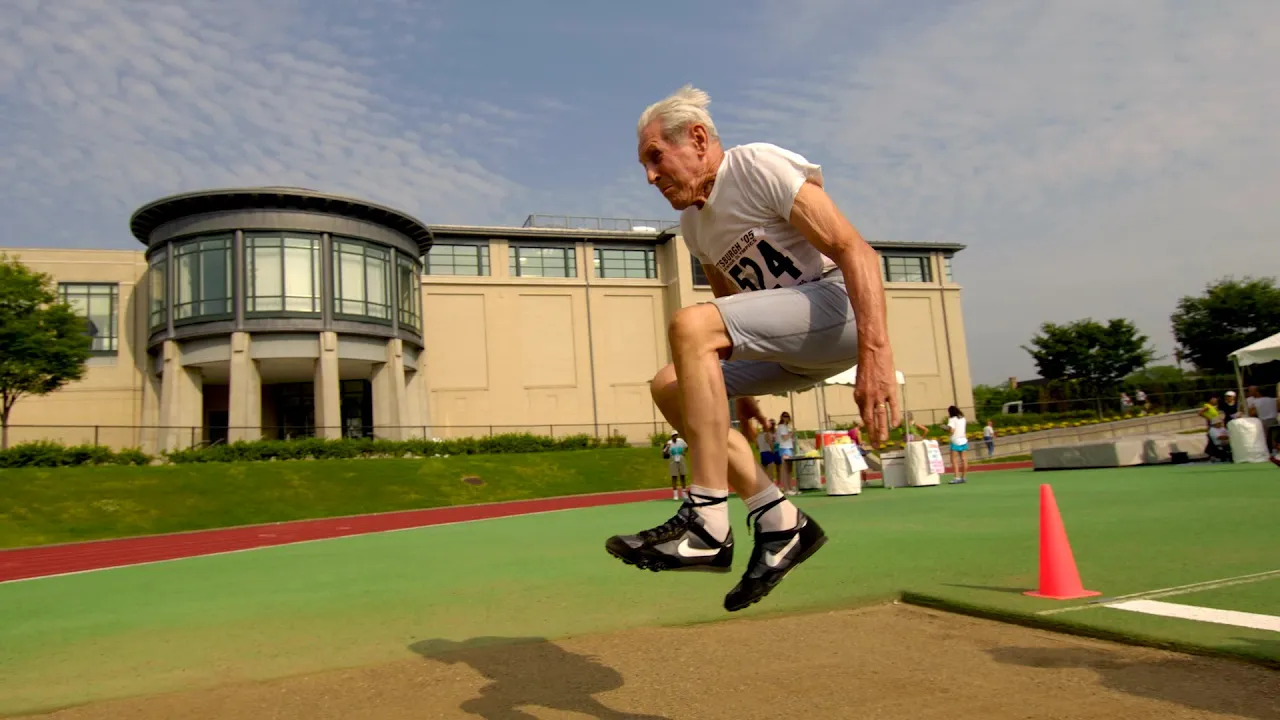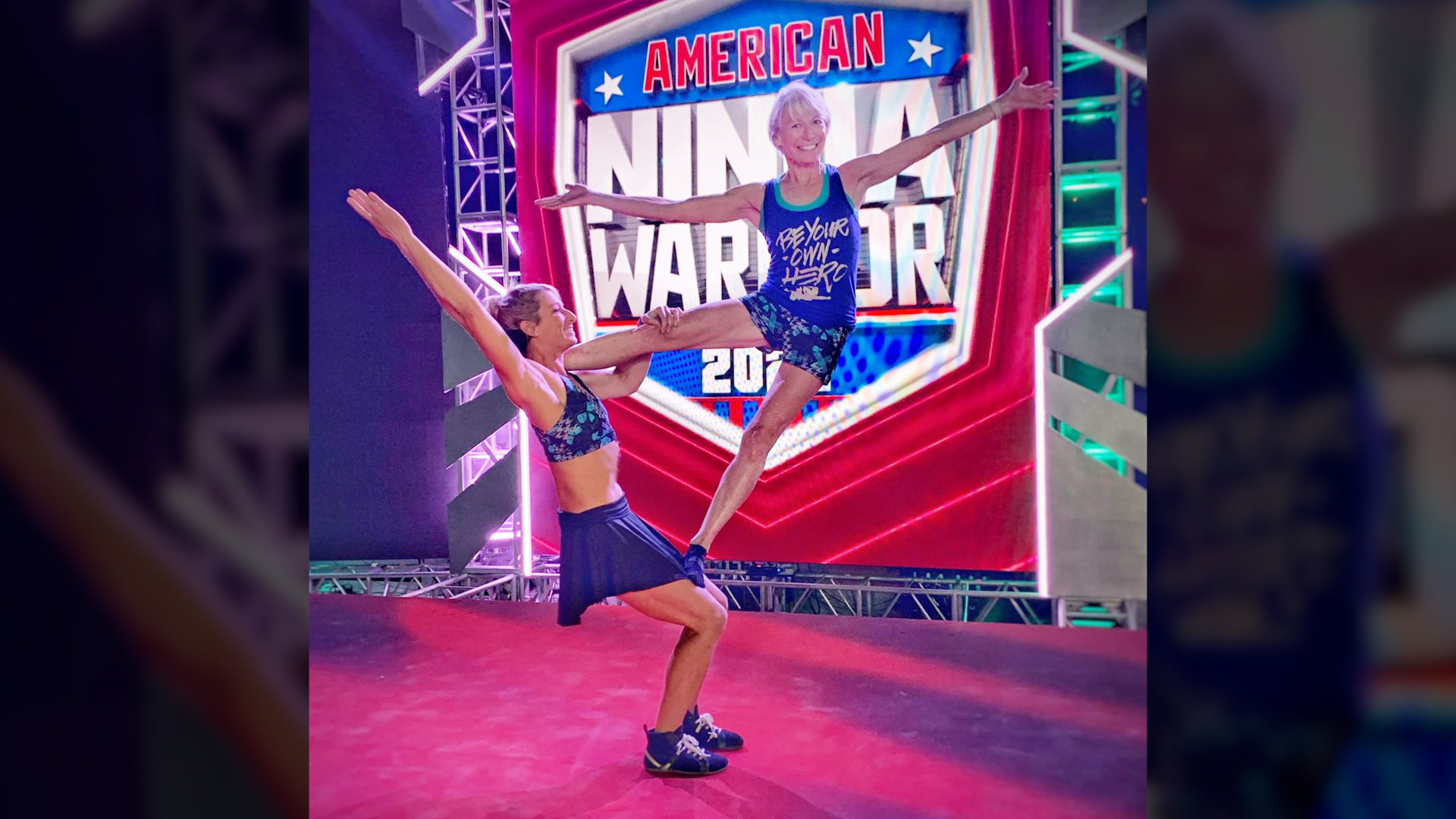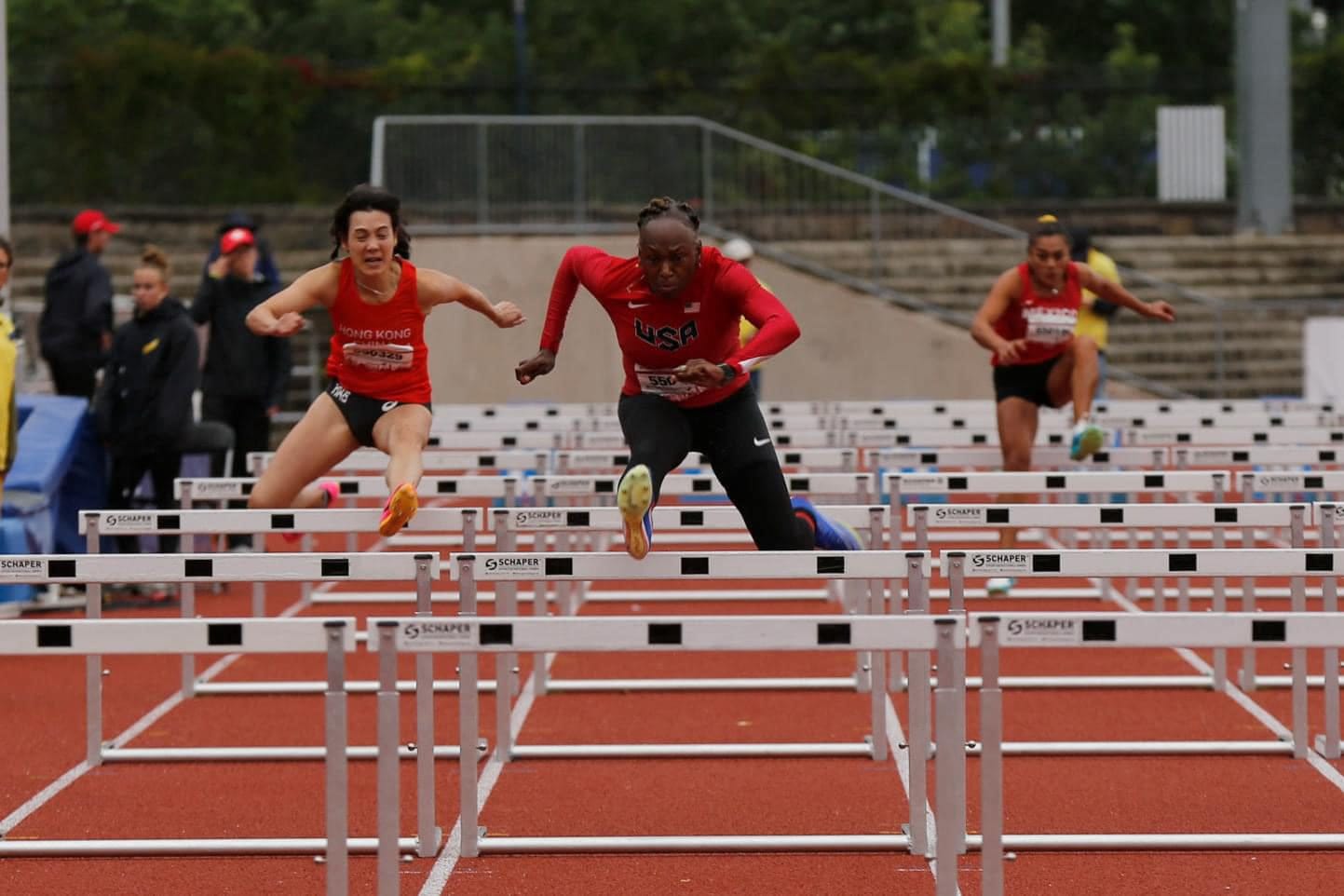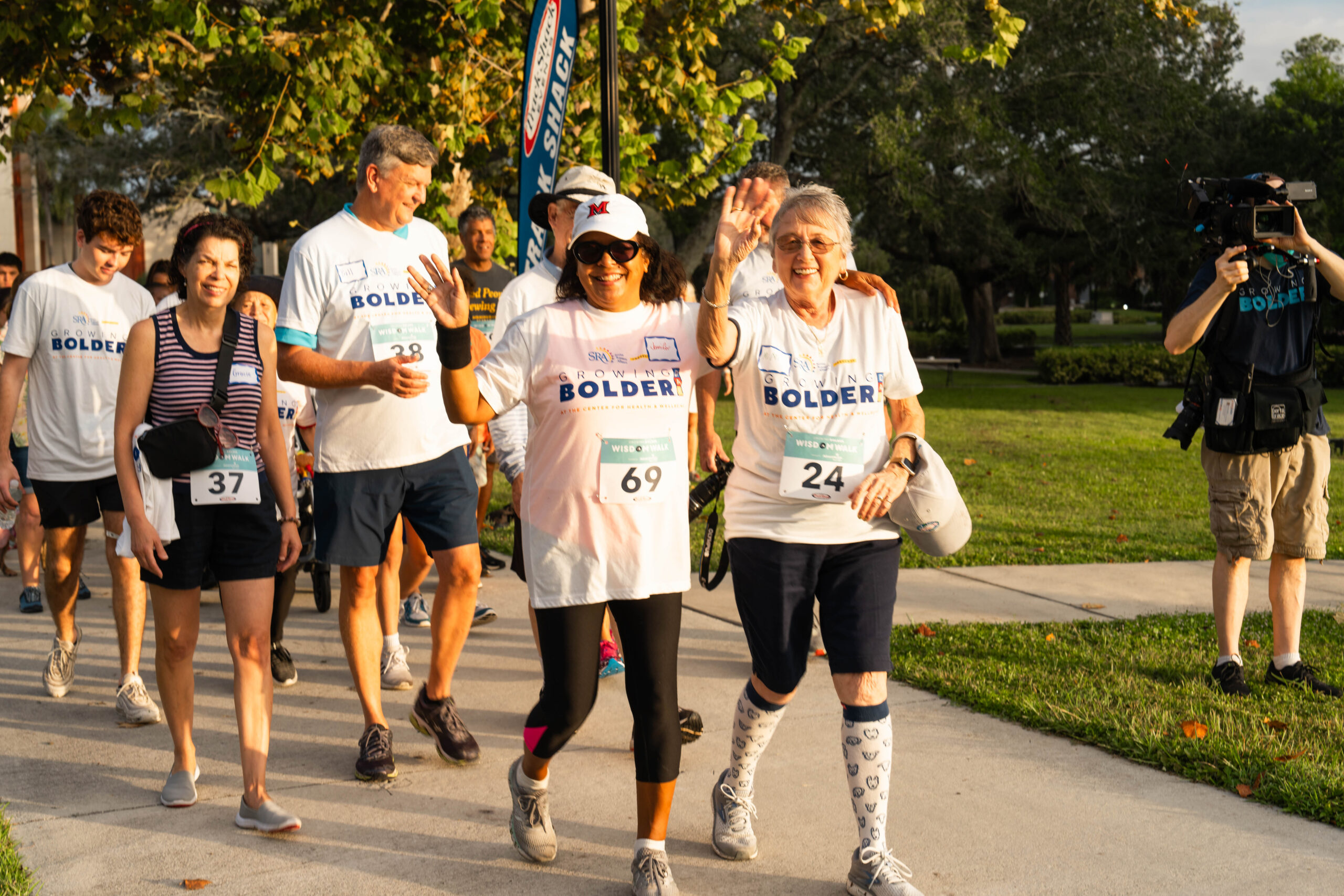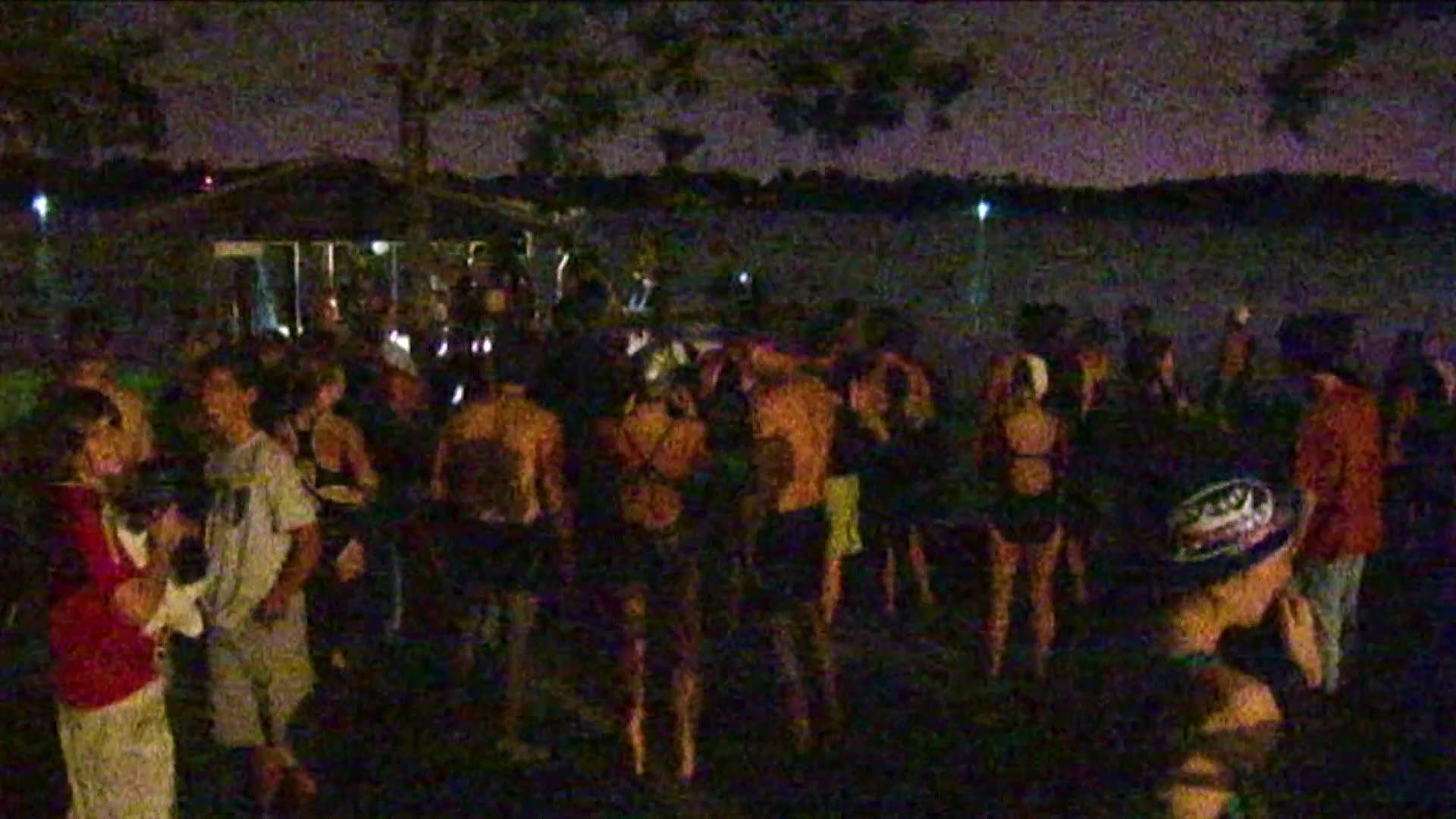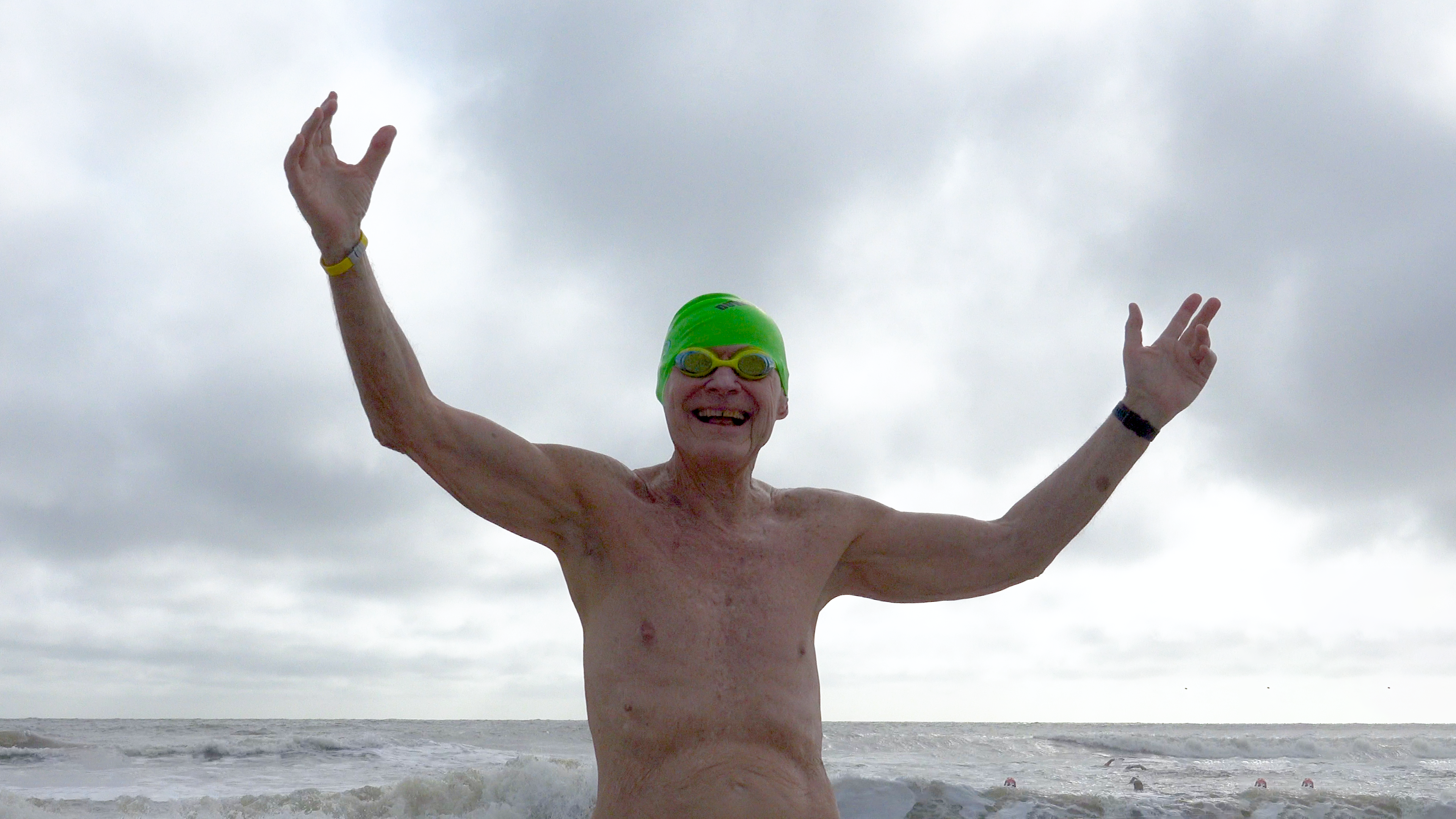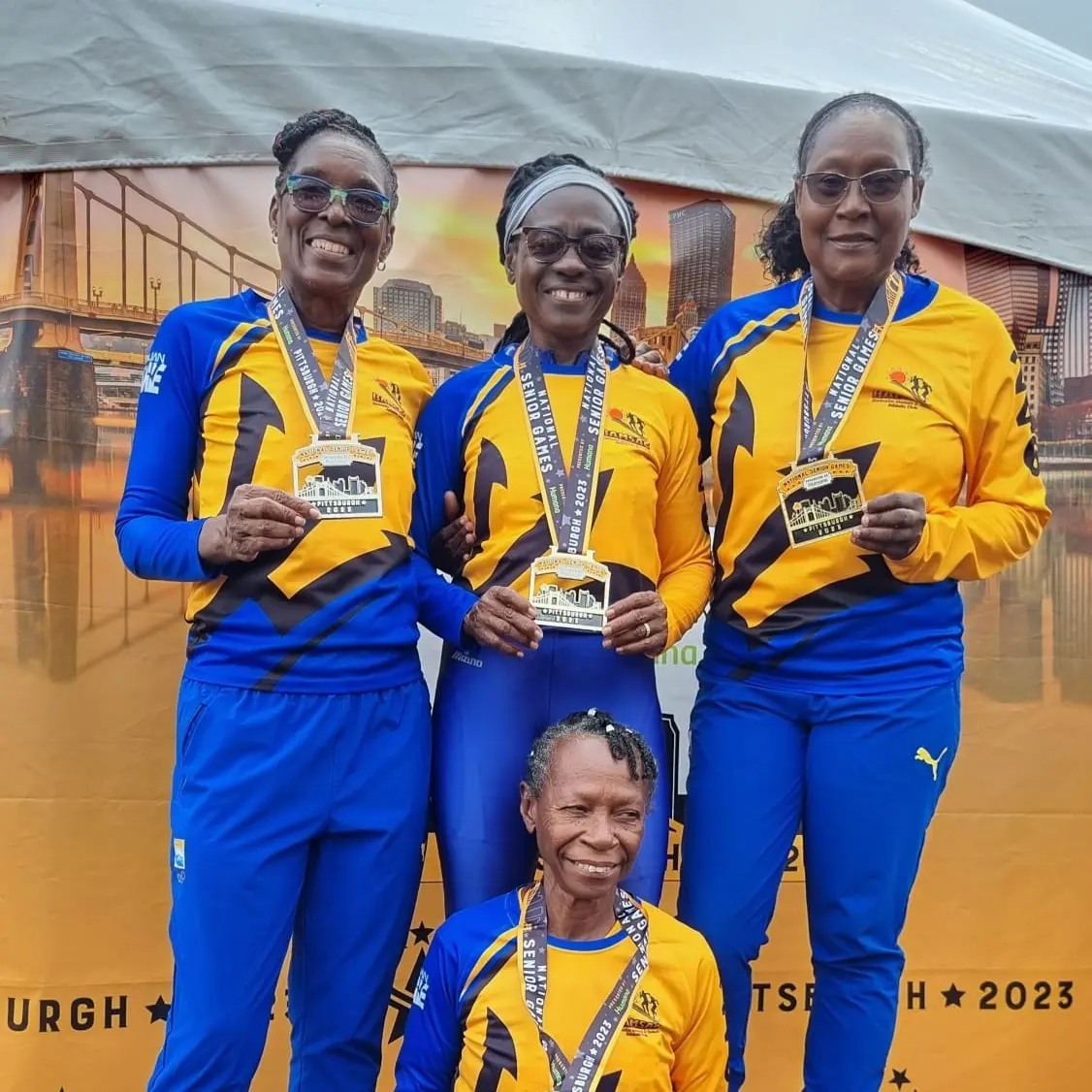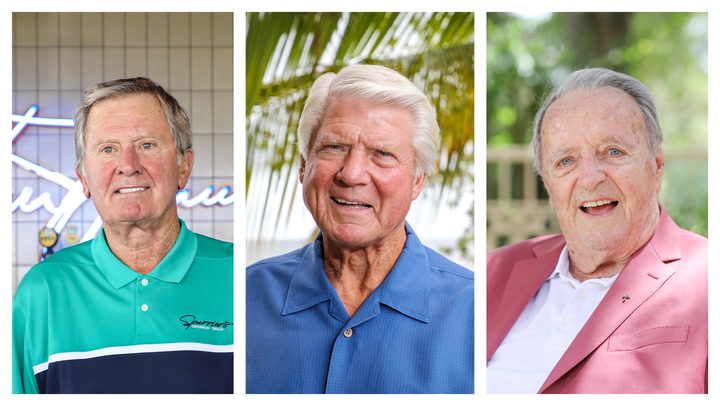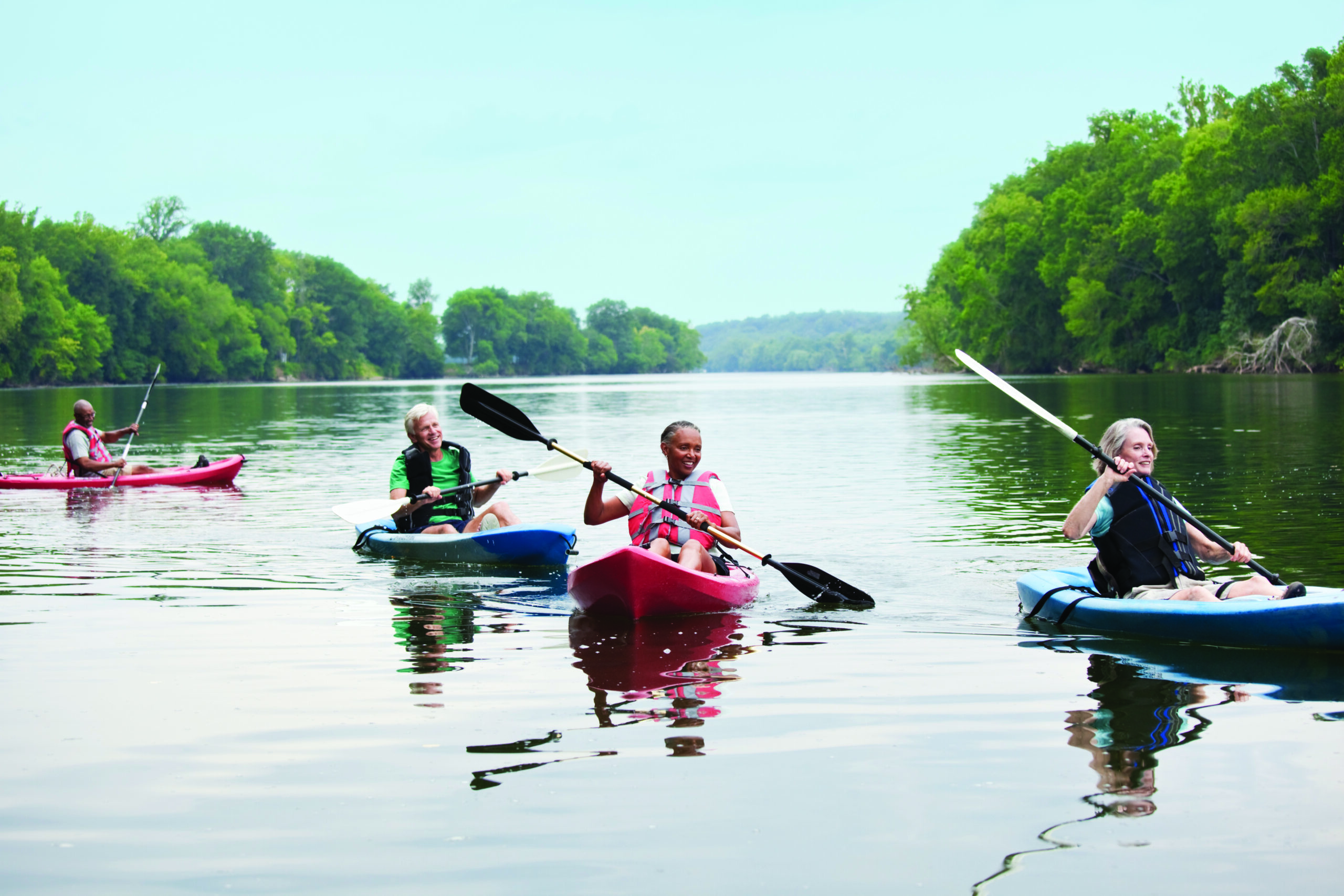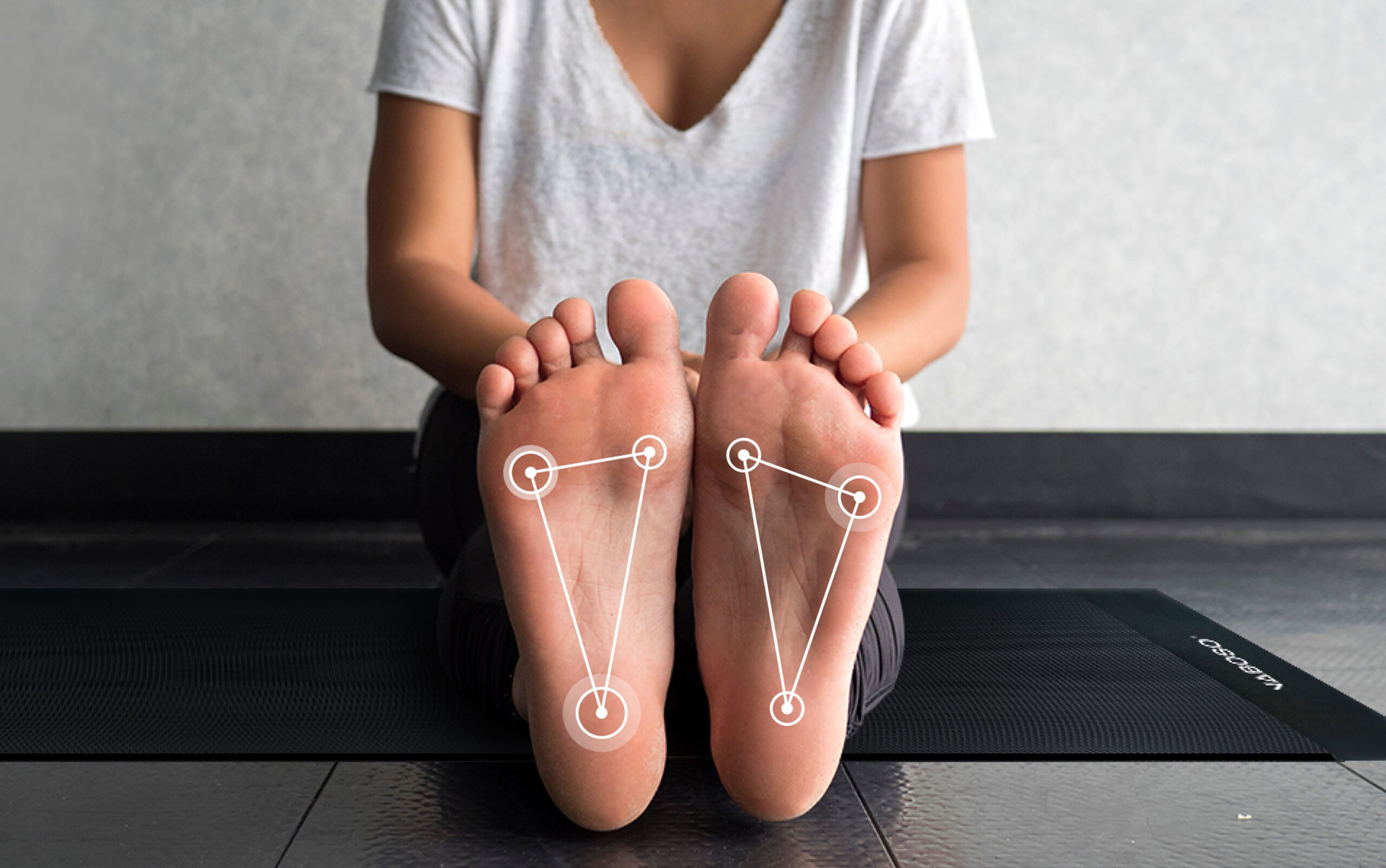Were it not for walking, 82-year-old Karl- Heinrich Barsch would likely be in a wheelchair. Were it not for running, his wife, 84-year-old Terttu Barsch, would likely be dead. The Barsches are part of the irrefutable and growing body of evidence that proves the benefits of an active lifestyle. Given their example and that of millions of others like them, it’s not surprising that the fastest growing age divisions in nearly every organized sport are those for older adults.
Karl-Heinrich is a retired University of Central Florida Professor who was diagnosed with dangerously high blood pressure when he was in his 50s. “My doctor told me to start walking so I walked around the block,” he says. “At first, I ran out of steam. I couldn’t finish a single block, but I kept at it. I was soon walking four blocks, and then a mile, and then two miles. Since Terttu and I do everything together, she started walking with me.”
Walking led to running which quickly led to entering weekend races. The Barsches liked the competition but loved the camaraderie of the community-wide intergenerational events. Karl- Heinrich’s health improved dramatically but early one morning, while training for the New York Marathon, his running came to an abrupt halt. “I got run over by a newspaper delivery truck at 5 am,” he says. “They removed a disc from my back, and I spent a month in the hospital. The doctor told me to stop running but said I could walk. That’s all I needed to hear. I trained myself to become a race walker and have now walked 27 marathons.”
While Karl-Heinrich walks, Terttu, 84, continues to run. She’s finished more than 60 marathons since taking her very first run in her 50s. “He always makes me keep moving,” she says. “He’s the main force behind us. It used to be that I was faster than him, but now it’s the other way around.”
Karl credits walking with saving his quality of life and running with actually saving Terttu’s life. “She had a big illness and I’m not allowed to talk about it.” But after a little coercion, Terttu agrees to talk publicly about it for the first time. “Okay, I’m a cancer survivor,” she says. “We found out a few days before going on a big trip that she had stage 4 leukemia that had spread to her back and lungs,” Karl-Heinrich adds. “The doctors say she came through with flying colors because her lung capacity was so fantastic from running.”
Karl and Terttu usually win their respective divisions but that’s not why they compete. They enjoy being part of a health and well-being community and thrive on the inspiration of competitors; ordinary people living extraordinary lives simply because they refuse to let life beat them down and keep them on the couch. “I couldn’t run anymore so I trained myself to race walk,” Karl-Heinrich says. “With that kind of attitude, you can always find a new way to adjust and keep going.”
This article is featured in the August 2022 issue of The Growing Bolder Digital Digest.


